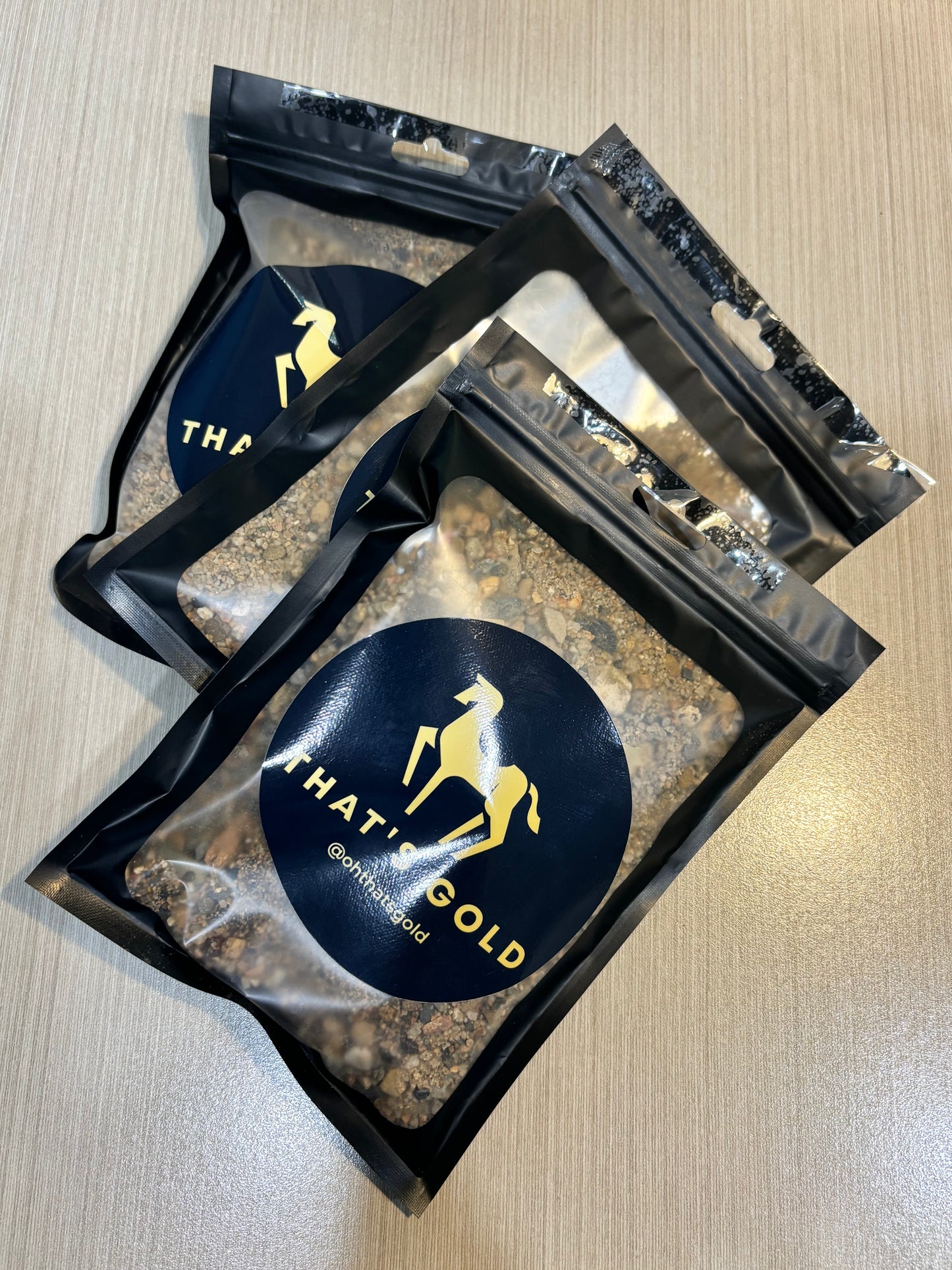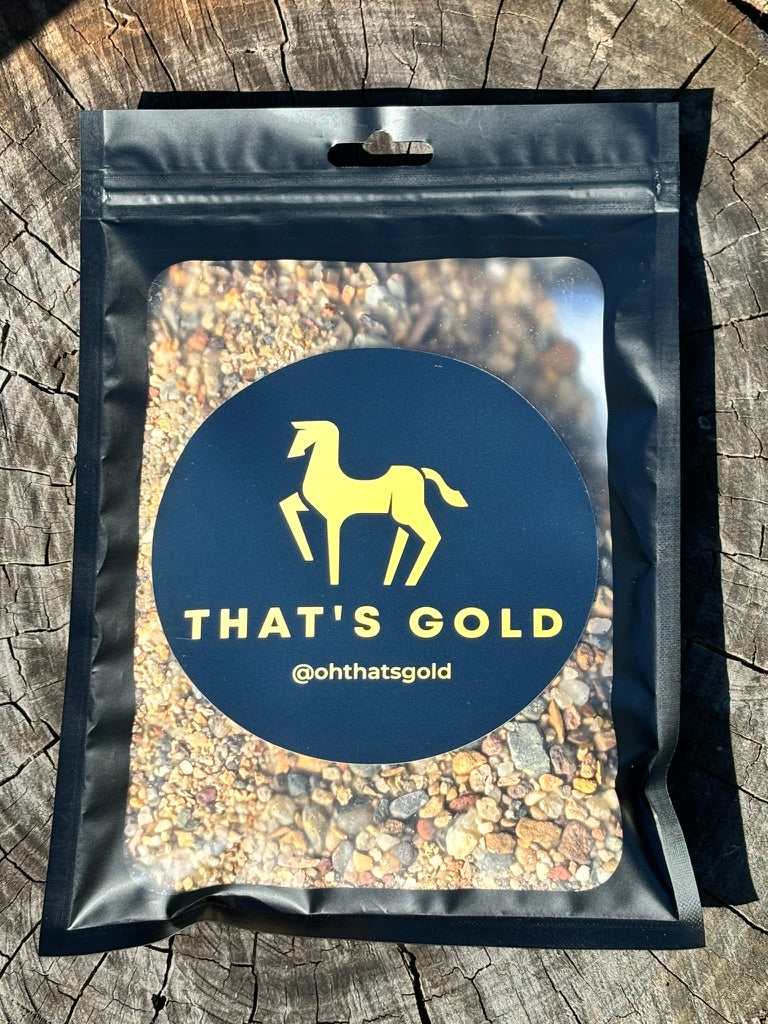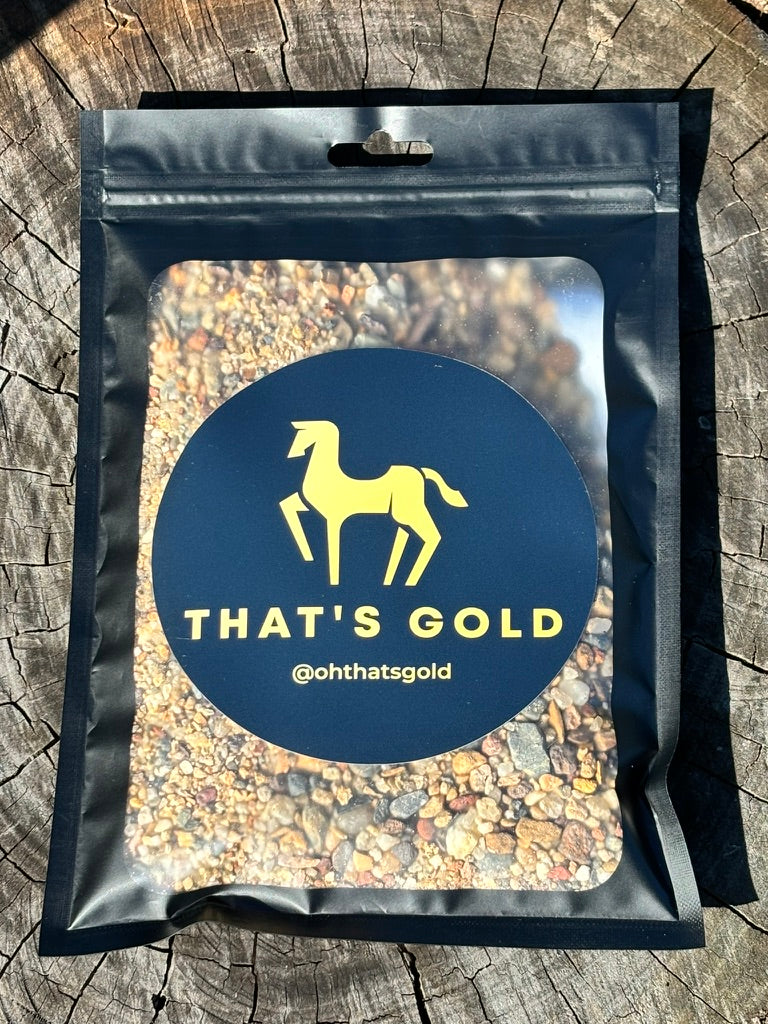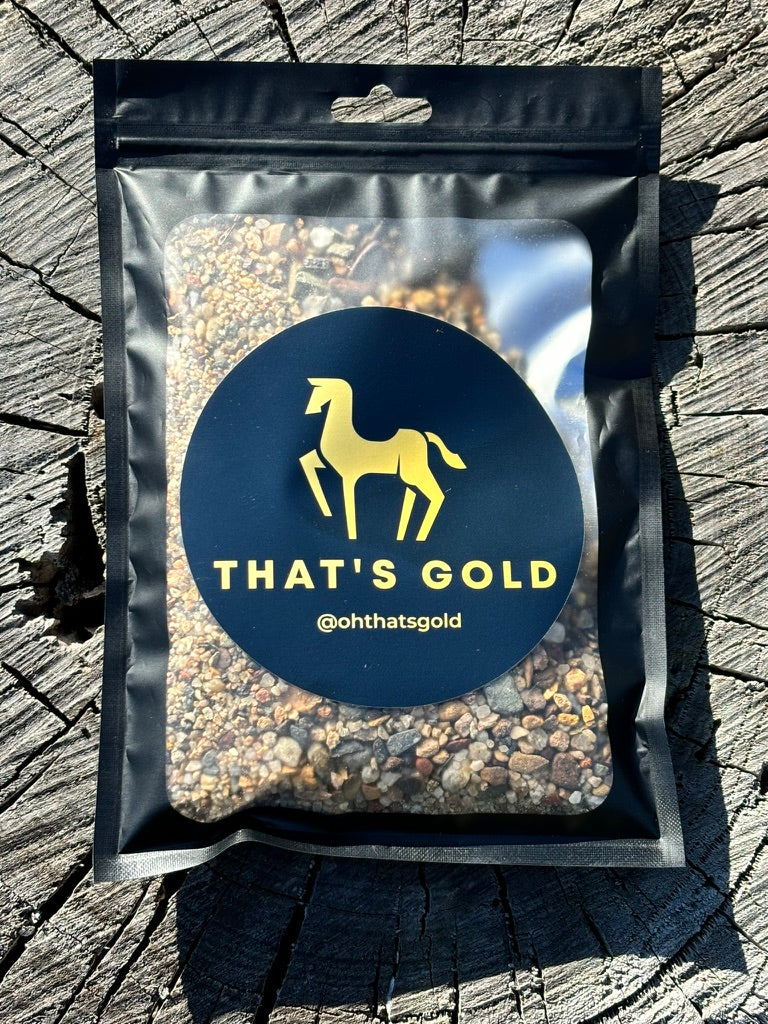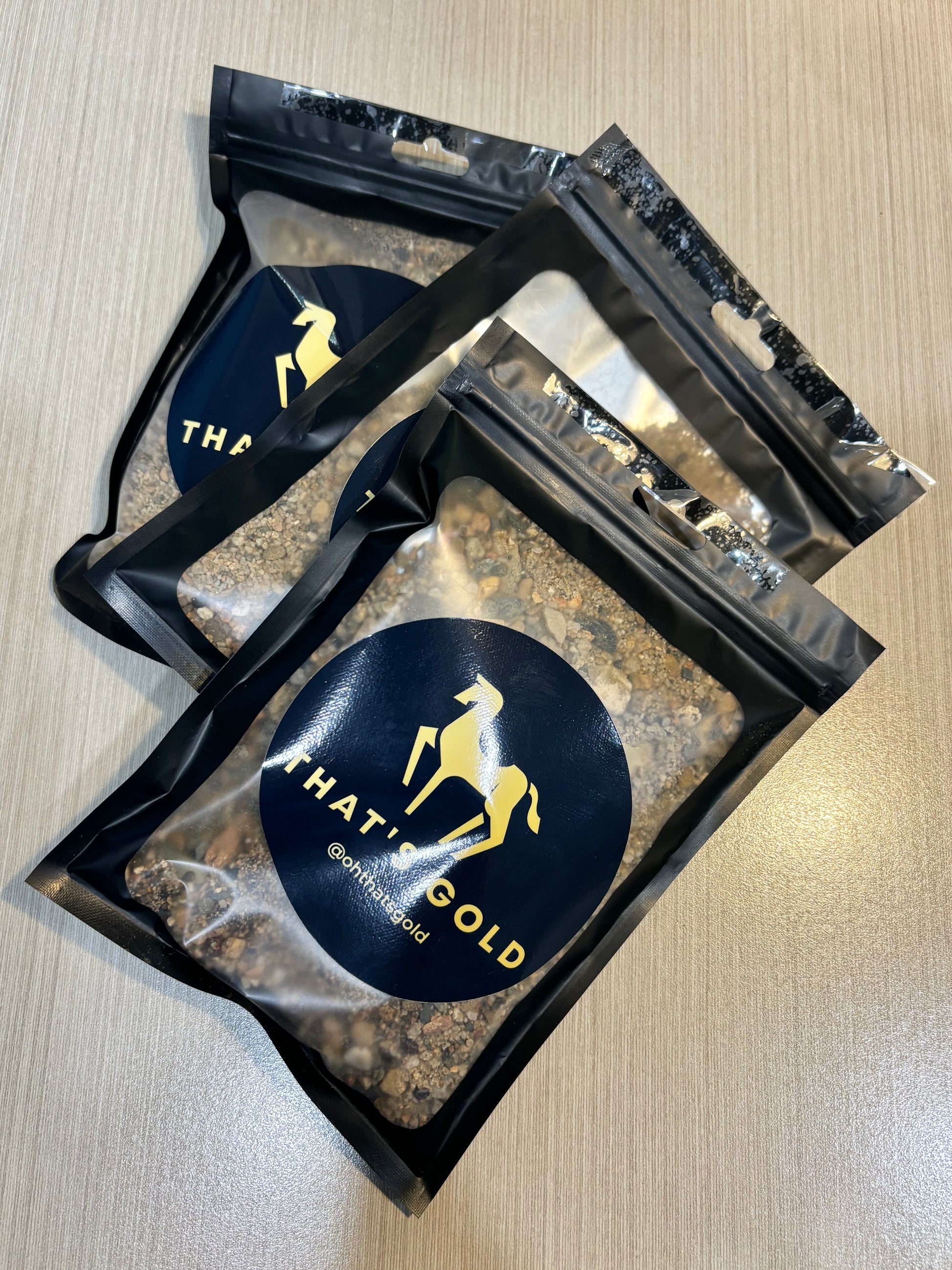Bodybuilders are always on the hunt for convenient and effective sources of protein to support their muscle growth and maintenance. Jerky, particularly beef jerky, has emerged as a favoured snack among them due to its high protein content and ease of consumption. This protein-rich snack offers a convenient way for athletes to meet their dietary protein needs while on the go.

Another appealing factor of jerky for bodybuilders is its variety. From beef to chicken and even plant-based options, jerky offers something for everyone. This diversity allows athletes to experiment and find flavours they enjoy while sticking to their nutritional goals. While it is a great source of protein, it is also important to note that jerky can be high in sodium. Keeping an eye on nutritional labels can help ensure a balanced diet.
The popularity of jerky among fitness enthusiasts continues to grow as it provides essential nutrients needed for muscle growth. With its rich amino acid profile, jerky supports recovery after workouts, making it an ideal post-exercise snack. Embracing jerky’s nutritional benefits can be a smart choice for those dedicated to bodybuilding.
Key Takeaways
- Jerky is popular among bodybuilders for its high protein content.
- A variety of jerky options cater to different dietary preferences.
- High sodium content in jerky is something to watch for in diet plans.
The Appeal of Jerky to Bodybuilders
Jerky is a popular choice for bodybuilders due to its impressive nutritional profile and muscle-supporting properties. It offers a convenient way to consume high-quality protein, essential for muscle growth and recovery.
Nutritional Profile of Jerky
Jerky, especially beef jerky, is highly valued for its rich nutritional content. It provides a significant amount of zinc and iron, which support various body functions. While the sodium content in jerky can be high, many find its protein-rich aspect outweighs this.
Additionally, jerky is a good source of essential amino acids critical for maintaining and repairing muscles. These nutrients contribute greatly to a balanced diet, especially for those engaged in intense physical activity. For those who are conscious about intake, it's advisable to select options with lower sodium and a shorter ingredients list.
Macronutrient Composition
The macronutrient profile of jerky makes it suitable for those aiming to build muscle. High-quality protein content, often around 6 grams per serving, is a significant factor for muscle growth and repair. Jerky also contains healthy fats, which are essential in the diet of athletes and help in delivering energy.
Lower in calories compared to many other protein sources, jerky fits well into a controlled caloric intake plan. This supports bodybuilders who need precise protein-to-fat ratios. When selecting jerky, looking for a balance between protein density and lower fat content can enhance its dietary value.
Muscle Support and Recovery
Jerky supports muscle growth and recovery due to its dense protein and amino acid content. Consuming jerky post-workout provides the necessary building blocks for muscle repair. This makes it an attractive snack option for those focused on muscle recovery.
For endurance athletes and bodybuilders alike, jerky offers a convenient way to ensure adequate protein intake. Its easy portability allows athletes to fuel their bodies efficiently after workouts, aiding in faster recovery and better performance in subsequent training sessions. It's particularly effective in situations where immediate protein consumption is needed to support muscle maintenance and growth.
Incorporating Jerky into a Bodybuilding Diet

Jerky is a useful addition to a bodybuilding diet thanks to its high protein content and convenience. Its role in balanced meal planning and as an alternative protein source makes it valuable for both muscle growth and overall nutrition.
Balanced Diet Considerations
Beef jerky provides significant protein, with about 6 grams per serving. It's a good choice for those looking to increase protein intake. Although it has fats, the protein-to-fat ratio is usually not ideal for all needs. Protein-rich foods like lean meats, egg whites, and protein shakes can balance this aspect.
Consuming jerky in moderation as part of a balanced diet helps meet essential nutrient needs. Pairing it with whole foods like quinoa or brown rice enhances nutrient intake. Watching sodium and additives is important due to their potential health impacts.
Convenient Meal Planning
For those with busy schedules, jerky's portability makes it an excellent option. It's a convenient post-workout snack, providing quick protein without needing much preparation. This portability allows it to be easily paired with other foods.
Pairing jerky with fruits or Greek yogurt can create a balanced snack or meal. Its long shelf-life also ensures it's a reliable choice for meal planning. Whether packed in a gym bag or kept at the office, jerky supports a bodybuilder’s need for consistent protein.
Alternative Protein Sources
While jerky is protein-dense, diversifying protein sources is essential for a holistic bodybuilding diet. Options such as protein powder, egg whites, and legumes offer varied nutrients. These alternatives ensure that bodybuilders receive a balance of amino acids.
Jerky complements these protein-rich options, adding variety to a diet. It's crucial to combine jerky with other whole foods to support overall health and muscle growth. Including jerky as part of a varied diet can help maintain interest and satisfaction in meals, while supporting dietary goals.
In summary, jerky offers convenience and boosts protein intake, but should be part of a diet that includes various protein sources for balanced nutrition.
Health Benefits and Drawbacks

Beef jerky is a popular choice among bodybuilders for its protein content and convenience. While it offers nutritional benefits, there are also health concerns to consider, particularly related to sodium levels and additives. Making informed choices can help maximise benefits while reducing risks.
Advantages of Beef Jerky
Beef jerky is highly favoured for its protein content. It provides a significant amount of protein in a small serving, which is essential for building and maintaining lean muscle. Bodybuilders often need high protein diets, and jerky offers a portable and easy option.
In addition to protein, beef jerky has a good amount of important micronutrients. It contains zinc, iron, and vitamin B12. These nutrients support overall energy and immune function. Moreover, jerky tends to be low in fat, especially compared to other protein-rich snacks like sausages or bacon. This makes it attractive to athletes keeping track of their macronutrients.
Potential Health Concerns
One major concern with beef jerky is its high sodium content. Many commercial brands contain large amounts of salt, which serves as a preservative and enhances flavour. While sodium is needed for electrolyte balance, excessive intake can harm cardiovascular health and lead to high blood pressure.
Jerky can also have additives like preservatives and artificial flavourings. These may negatively impact health if consumed in large quantities. Additionally, processed jerky may lack creatine, naturally present in fresh cuts of meat, reducing some potential bodybuilding benefits.
Mitigating Health Risks
Mitigating risks from beef jerky involves choosing options with fewer additives and lower sodium. DIY jerky is one solution, allowing complete control of ingredients. Making jerky at home can help reduce sodium and eliminate unwanted preservatives. This ensures a snack that aligns closer with health priorities.
When selecting store-bought varieties, it's beneficial to read labels carefully, opting for brands with natural ingredients and lower sodium content. Combining beef jerky with other foods, such as fruits or vegetables, can help balance sodium intake and provide a more rounded diet. This approach helps maintain cardiovascular health while still enjoying the benefits of this convenient snack.
Diversity in Jerky Options
Jerky offers a wide array of choices, appealing to different dietary preferences and tastes. From various meat types to plant-based alternatives, there's something for everyone. These options not only provide a convenient high-protein snack but also cater to those looking for different nutritional profiles.
Exploring Meat Varieties
Jerky is made from a range of meats, giving consumers plenty of options. Traditional beef jerky is popular among bodybuilders for its high protein content. Some choose grass-fed beef for its potential health benefits.
Besides beef, turkey jerky serves as a leaner choice, offering lower fat content while still being a high-protein snack. Other varieties include bison, chicken, and even exotic options like venison or elk. These provide unique flavours and nutritional benefits.
Meat snacks from these different animals allow consumers to select based on taste preference, dietary needs, and ethical concerns. This variety ensures that there is a jerky type to suit many lifestyles without compromising on the convenience and protein benefits jerky offers.
Vegetarian and Vegan Alternatives
For those not consuming meat, vegetarian and vegan jerky options are increasingly available. Made from ingredients like mushrooms, soy, or jackfruit, these alternatives provide a protein-rich snack without animal products.
Plant-based jerky mimics the chewy texture and savoury taste of meat jerky and is often lower in calories and fat. Many brands focus on using natural ingredients and minimal processing to cater to health-conscious consumers.
These alternatives allow those on vegan or vegetarian diets to still enjoy the convenience of a protein-packed snack, supporting a variety of nutritional preferences while expanding the overall diversity of jerky products.
Jerky in the Broader Context of Bodybuilding

Jerky is rich in protein, which attracts bodybuilders looking to boost muscle mass. It fits well in a muscle-building diet due to its convenience and nutrition. This section explores how jerky plays a role in bodybuilding nutrition, supplements, and training.
Bodybuilding and Nutrition
In bodybuilding, nutrition aims for high protein intake to support muscle mass growth. Foods high in protein, like jerky, are part of this diet. Jerky provides a substantial amount of muscle-building protein, which is essential for repairing and growing muscles after workouts.
The nutrient profile of jerky also includes zinc, integral for immune function and muscle recovery. While jerky is calorie-dense, it helps with bulking phases, where increased caloric intake is necessary. Its low carbohydrate content makes it ideal for those needing protein without extra carbs. Choosing varieties with quality ingredients can further enhance nutritional benefits. These factors make jerky a popular choice among both muscle builders and endurance athletes.
Supplementation Strategies
For bodybuilders, protein supplements are common to meet daily protein requirements. Jerky can serve as an alternative or complement to traditional supplements like protein powder. It offers a whole-food source of protein that is easy to consume on the go.
Jerky is portable and does not require preparation, making it a great snack during busy days or travel. It can also be included in multiple daily meals to ensure consistent protein intake. The versatility of jerky makes it a strategic choice for those looking to diversify their sources of protein beyond supplements alone.
Training and Jerky Consumption
Consuming protein-rich snacks like jerky can support training by providing energy and nutrients essential for exercise. As a post-workout snack, it can aid in muscle recovery and replenish energy stores. The high protein content contributes to repairing muscle fibers stressed during training sessions.
Jerky's low-fat profile means it can be consumed without adding excess fats to the diet, which is important for many athletes. Its convenience allows athletes to consume it quickly after workouts when muscle repair is most critical. Incorporating jerky into daily training routines is a practical strategy that aligns with maintaining a well-balanced diet for muscle gain.



